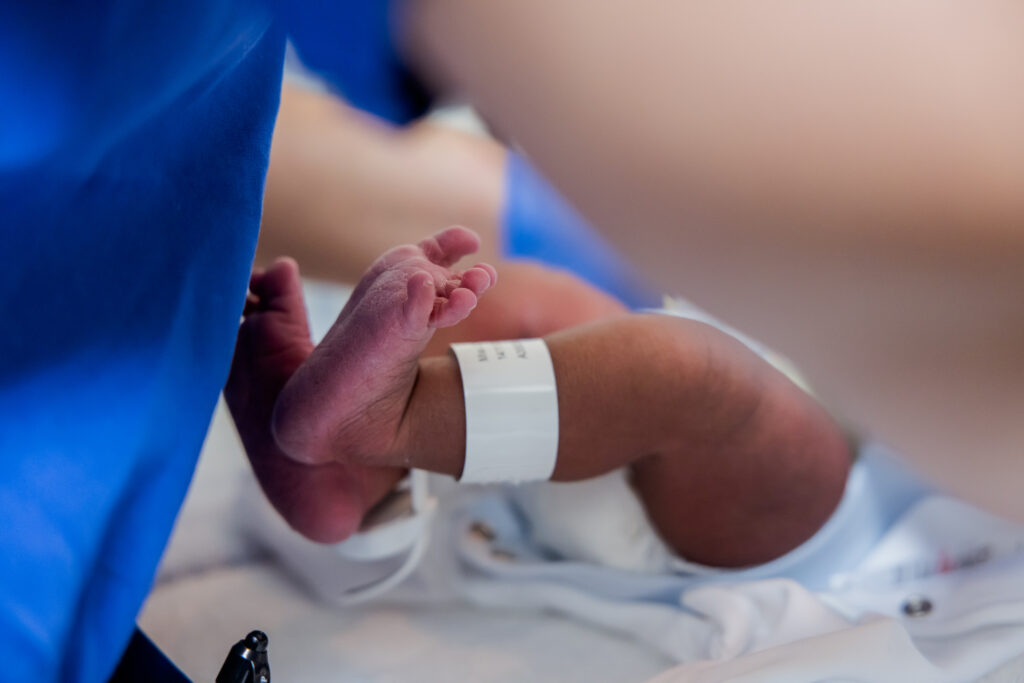A report into racial disparities in maternity care by Birthrights shows Black and Asian women are still being ignored or not believed when talking about their pregnancy and care.
It shows they are also facing racism from caregivers, less choice in their care and have experienced coercion in maternity services.
The report recommends that more needs to be done in making maternity services anti-racist, promote inclusive workforce culture and that Black and Asian women should be decision-makers in their own care.
Commenting on the report, Royal College of Midwives (RCM) CEO Gill Walton said: “This report makes disturbing and worrying reading but it has shone a bright light into our maternity services, giving voice to those who have been marginalised. It is a wake-up call for all of us involved in maternity care, which is not making the progress needed to deliver consistent care for all women, regardless of their ethnicity or the colour of their skin. It saddens me even more that some of the racism and prejudice they face has come from the very staff there to care for them.”
The RCM launched its Race Matters campaign in 2020 to address the issues of racial disparities in maternity care against minority ethnic women and midwives. Last year, a mentorship scheme was launched to support Black, Asian and minority ethnic midwives and maternity support workers in their career development, with the aim of having more Black, Asian and minority ethnic leaders in maternity services.
“The RCM is committed to being anti-racist, supporting midwives and maternity support workers of colour and doing what we can to improve the care given to Black and Asian pregnant women. Our NHS should be a place where Black and Brown women, and staff, are listened to, and feel safe, cared for and supported, but sadly this is too often not the case,” Gill Walton added.
The report ‘Systematic Racism, not Broken Bodies’ was led by an expert panel made up of people with lived experience, midwives and obstetricians, healthcare and human rights lawyers, and other experts across academia, anti-racism, health policy and participation.
The full report can be requested on the Birthrights website here.


